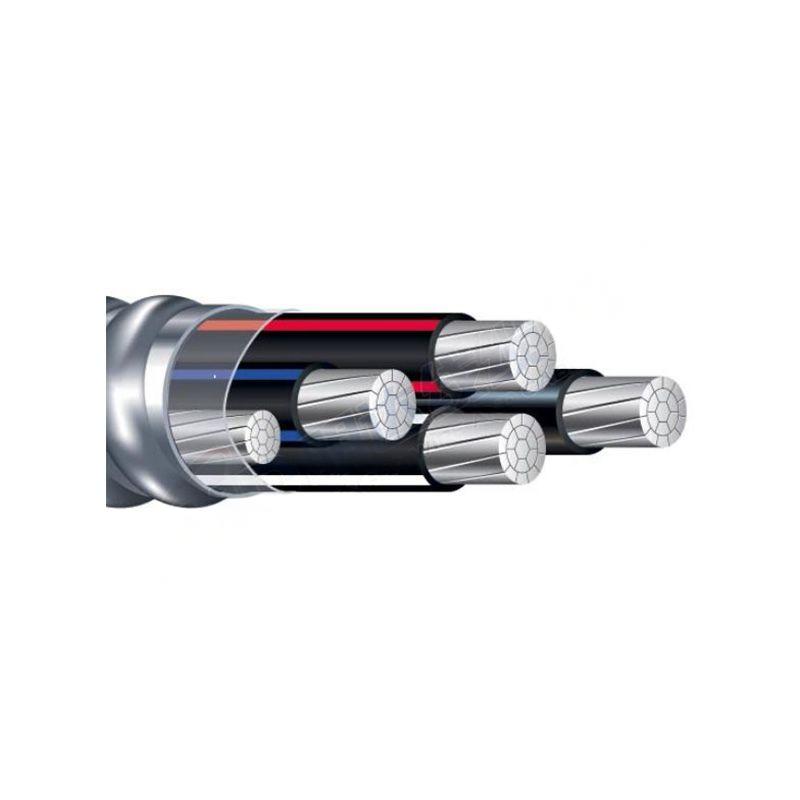Nov . 13, 2024 13:03 Back to list
ball valve
Understanding Ball Valves An Overview
Ball valves are essential components in various industrial applications, particularly in fluid control systems. Known for their reliability and efficiency, these valves are widely used in sectors such as oil and gas, water treatment, chemical processing, and many more. In this article, we will explore the features, advantages, and applications of ball valves, highlighting why they are a preferred choice for many engineers and technicians.
What is a Ball Valve?
A ball valve is a type of quarter-turn valve that uses a hollow, perforated, and pivoting ball to control the flow of fluid. The ball is located within the valve body and is connected to a lever or actuator, allowing for quick and straightforward opening and closing mechanisms. When the ball's hole is aligned with the flow direction, the valve is open; when it is perpendicular, the valve is closed. This design ensures that ball valves can be operated smoothly and efficiently.
Key Features of Ball Valves
1. Simplicity in Design The straightforward design of ball valves means fewer parts, leading to reduced chances of failure and easier maintenance. This makes them an ideal choice for many applications where reliability is paramount.
2. Fast Operation Ball valves can be fully opened or closed with just a quarter turn of the handle. This quick operation is particularly advantageous in emergency situations where immediate shut-off is necessary.
3. Durability Typically made from robust materials like stainless steel, brass, or plastic, ball valves are highly resistant to wear and corrosion. This durability extends their lifespan, even in harsh environments.
4. Versatile Applications Ball valves are versatile and can work with various media, including gases, liquids, and slurries. They are suitable for high-pressure and high-temperature applications, making them indispensable in many industrial settings.
ball valve

5. Low Flow Resistance When open, ball valves offer minimal flow resistance and low pressure drops, which contribute to energy efficiency in fluid transport systems. This feature is crucial for maximizing the operational efficiency of pipelines.
Advantages of Using Ball Valves
The advantages of ball valves are manifold. One of their most significant benefits is their ability to provide tight sealing, preventing leaks and ensuring safety in fluid management. Additionally, the low maintenance requirements of ball valves reduce operational costs over time. Furthermore, due to their adaptable nature, they can be easily fitted into various piping configurations, making them a flexible solution for many engineering challenges.
Applications of Ball Valves
Ball valves are utilized in a diverse range of applications, including
- Oil and Gas Used to control the flow of hydrocarbons in pipelines and refining processes. - Water Treatment Employed to regulate water flow in treatment plants and supply systems. - Chemical Processing Essential for handling various chemicals safely within controlled environments. - HVAC Systems Utilized in heating, ventilation, and air conditioning applications for flow regulation.
Conclusion
In summary, ball valves stand out as a highly reliable and efficient choice in fluid control. Their simplicity, durability, and versatility make them essential elements in many industrial applications. As industries continue to evolve and demand more sophisticated fluid management solutions, the ball valve's role will undoubtedly remain significant. Whether addressing the challenges of high-pressure systems or providing safe and efficient flow regulation, ball valves will continue to be a cornerstone of engineering design and innovation.
Share
-
Reliable Wafer Type Butterfly Valves for Every IndustryNewsJul.25,2025
-
Reliable Flow Control Begins with the Right Ball Check ValveNewsJul.25,2025
-
Precision Flow Control Starts with Quality ValvesNewsJul.25,2025
-
Industrial Flow Control ReliabilityNewsJul.25,2025
-
Engineered for Efficiency Gate Valves That Power Industrial PerformanceNewsJul.25,2025
-
Empowering Infrastructure Through Quality ManufacturingNewsJul.25,2025


